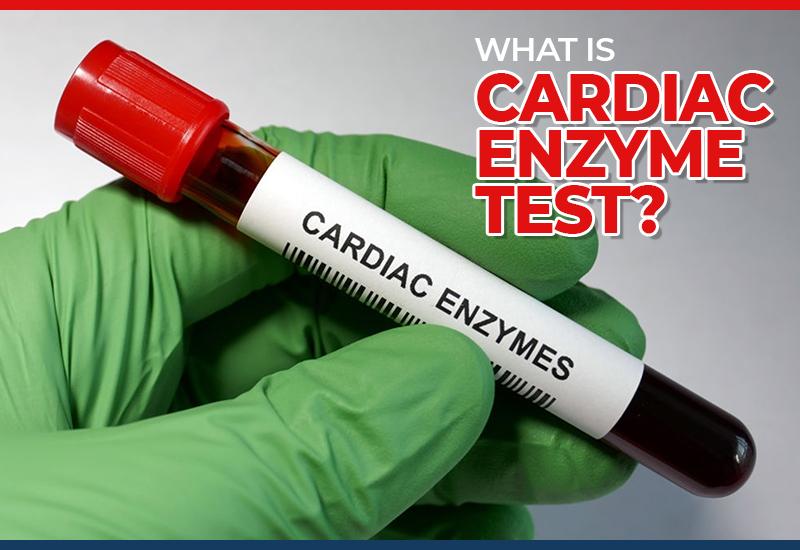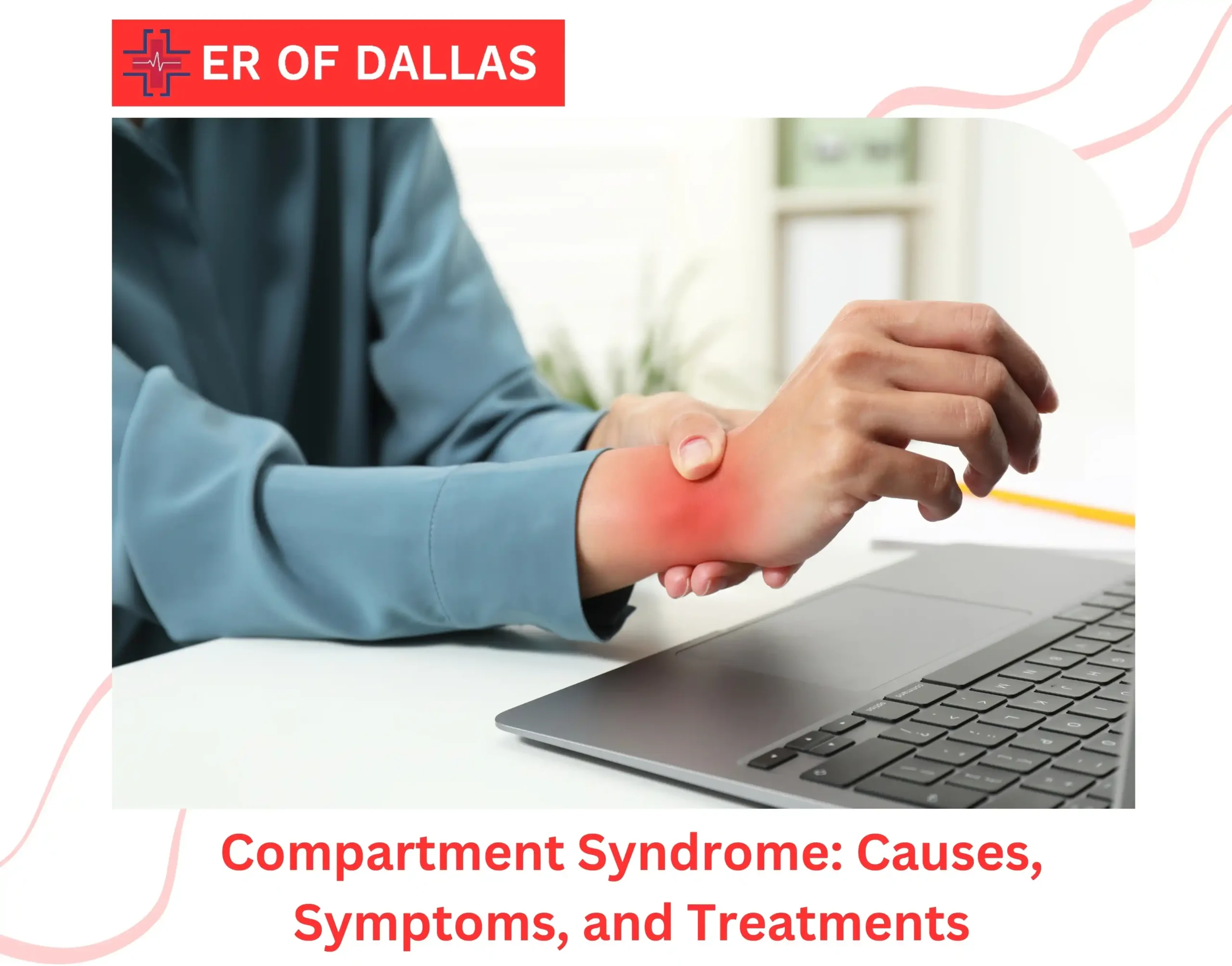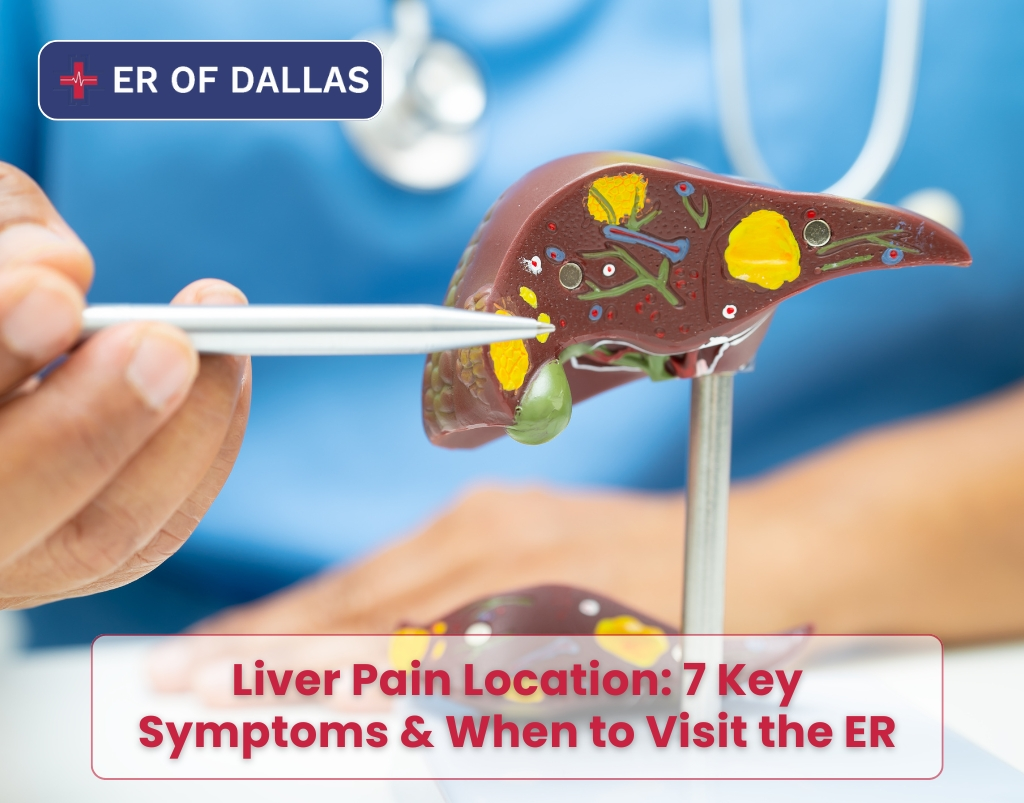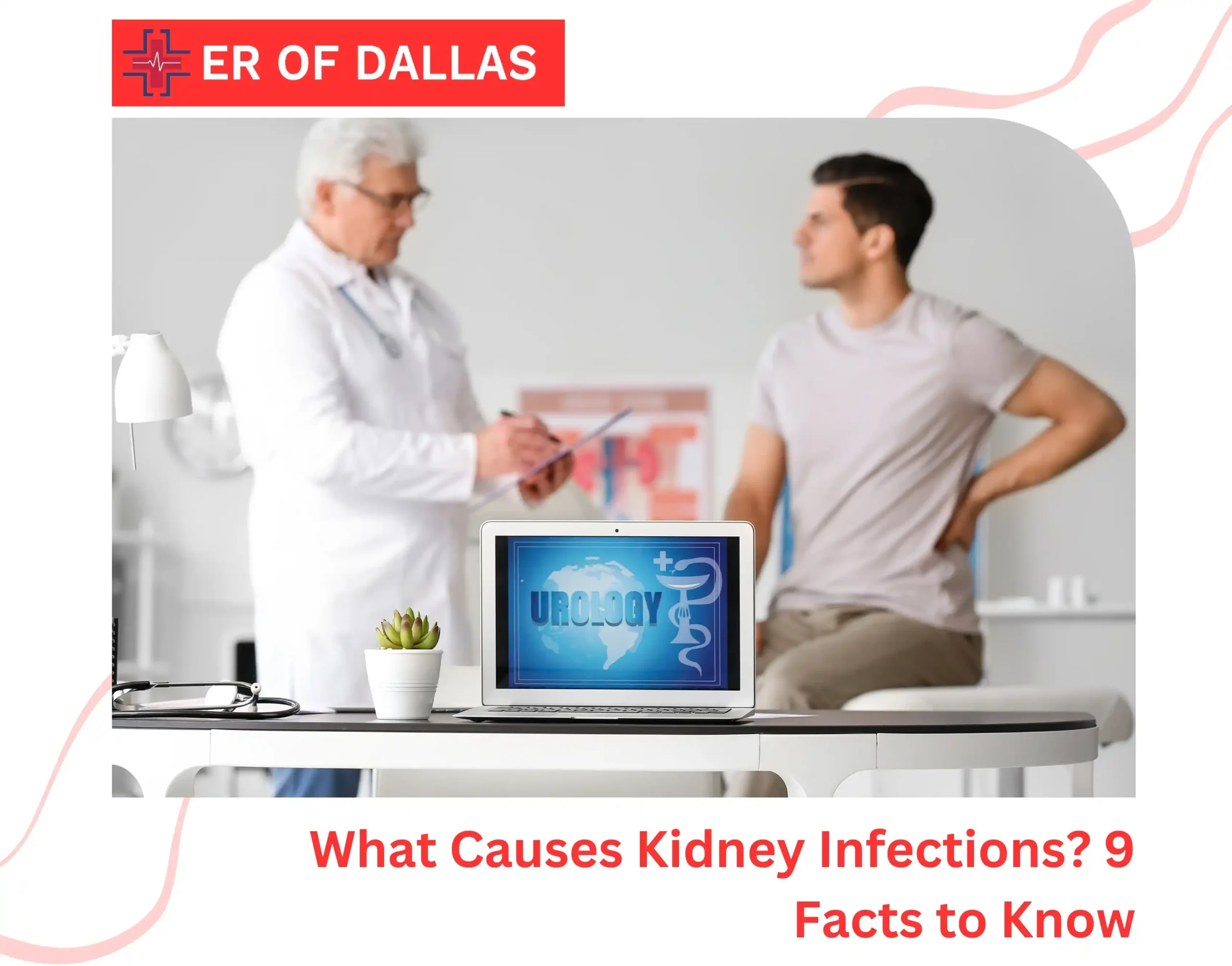What is Cardiac Enzyme?
Enzymes are proteins that accelerate biological reactions in the human body. The enzymes are known as biomarkers. The enzyme analysis test involves measuring specific enzymes in the bloodstream which are troponin T and troponin I.
Both enzymes are directly related to a heart attack. The level of both these enzymes is crucial for human heart health. Physicians may also examine the concentrations of creatine phosphokinase (CPK) and myoglobin on many occasions. The concentrations of these enzymes are generally low in healthy people.
What is a Cardiac Enzyme Test?
A cardiac enzyme test is like a simple blood test. The test is straightforward, a technician will draw blood from your arteries and then send it to the lab for further analysis. The laboratory will then analyze the blood for the level of cardiac enzymes.
Sometimes the purpose of this test is to confirm whether a patient is experiencing any heart issues. Physicians will ask you to go through this test in emergency scenarios, to rule out a heart attack.
How Long Cardiac Enzymes Stay Elevated?
Tests help in finding out the level of cardiac enzymes. Doctors will conduct sequential tests that will monitor the enzyme quantity in the blood. Usually, between 1-2 days of a heart attack the level of enzyme rises in the blood and stays elevated.
What Do Elevated Cardiac Enzymes Mean?
A cardiac enzyme test is an indicator that shows if someone experiences a heart attack. Usually, this test measures the troponin level in the blood. If the troponin level is high and patient test results come back positive then it could mean that person suffers a heart attack or injury to heart muscles.
The test results also help a physician to determine the level of harm to the heart. The purpose of the cardiac test enzyme is to assess the troponin levels. The higher amount of troponin means that the heart condition of the patient is more severe.
How To Treat High Troponin Levels?
If the EKG and high troponin levels indicate early heart attack signs. You need to go through angioplasty or possible stents, in some cases bypass surgery is the only treatment to address the condition. However, sometimes medication is enough to treat mild heart damages.
Other Causes
Several other reasons are crucial in raising the cardiac enzyme levels in the blood, which are as follows:
- High Blood Pressure
- Heart Palpitation
- Lung embolism, obstruction of a vein in the lungs
- Congestive heart failure
- Heart muscle weakness
- Any injury that affects heart muscles
- Vigorous training
- Open heart surgery
- Cardiovascular stenting
Cardiac Enzyme Tests
Certain medications are useful in treating heart conditions. Such medication can help to avoid further damage to heart tissues. Usually these tests take place in cardiac enzyme labs. But, this is not the only reason for conducting cardiac enzyme analysis. There are many other factors besides heart attack that can raise the level of cardiac enzymes. Following are tests:
- Blood examination
- ECG or EKG
- Chest X-ray
- Angiogram
- Stress test
- Computed Tomography of myocardial
It is possible that elevated cardiac enzymes do not always indicate a heart attack. Physicians after conducting a series of tests could find the reason for higher levels of these enzymes. Sometimes doctors advise patients to adopt a healthy and active lifestyle to improve the health of their heart.
Other Factors that Affect the Results
Cardiac enzyme levels are not only used for heart attack. There are some other reasons as well that give rise to this problem. For instance, if there is a blood infection known as sepsis, then it could also increase troponin levels. The other medical condition that gave rise to a heart rhythm problem is atrial fibrillation.
Other factors that will cardiac enzyme test results include:
- cardiomyopathy
- Heart diseases
Because of these factors, a cardiac enzyme test alone is not enough. There are other factors as well that lead to the diagnosis. Physicians will conduct EKG to make further confirmation.
Final Words
Heart Attack is a critical medical condition. So, you must comply with your doctor’s instructions to recover from it and restore your health. People who follow their physician guidelines and refrain from the thing that makes their condition serious have a better chance of getting better.
There are different outlooks to treat the patient and your treatment course will depend on the outlook and cardiac enzyme test results. A physician can advise a patient by keeping in view their particular mindset and the best methods to improve the overall health of the heart.











